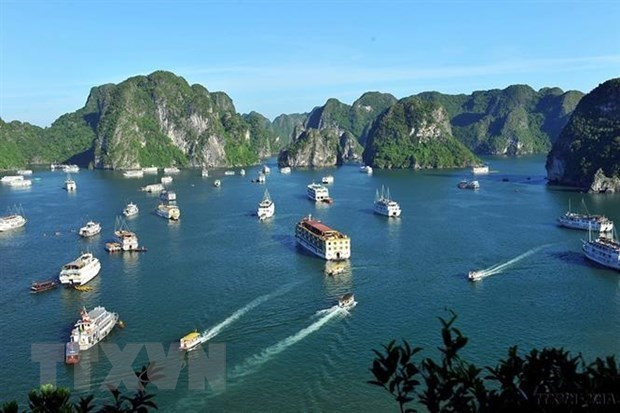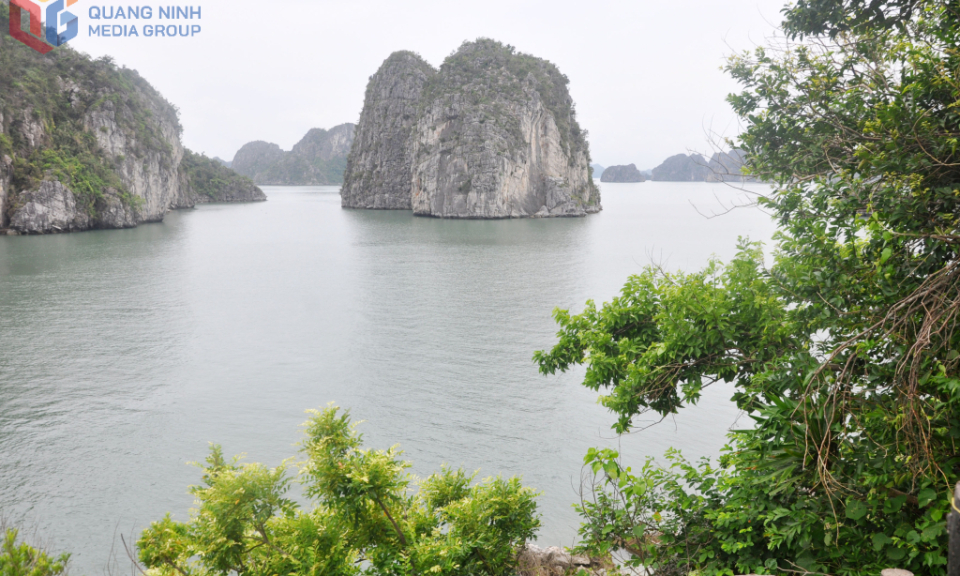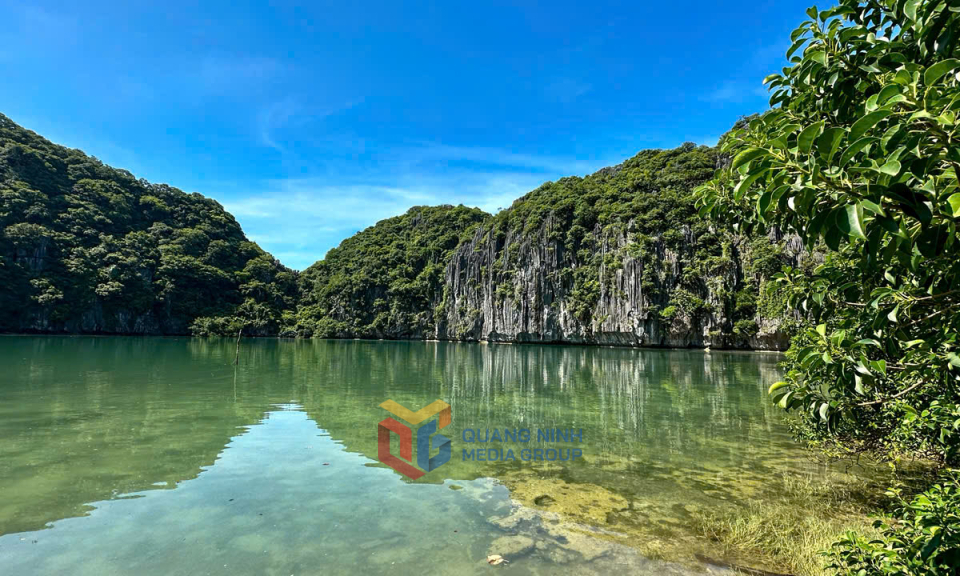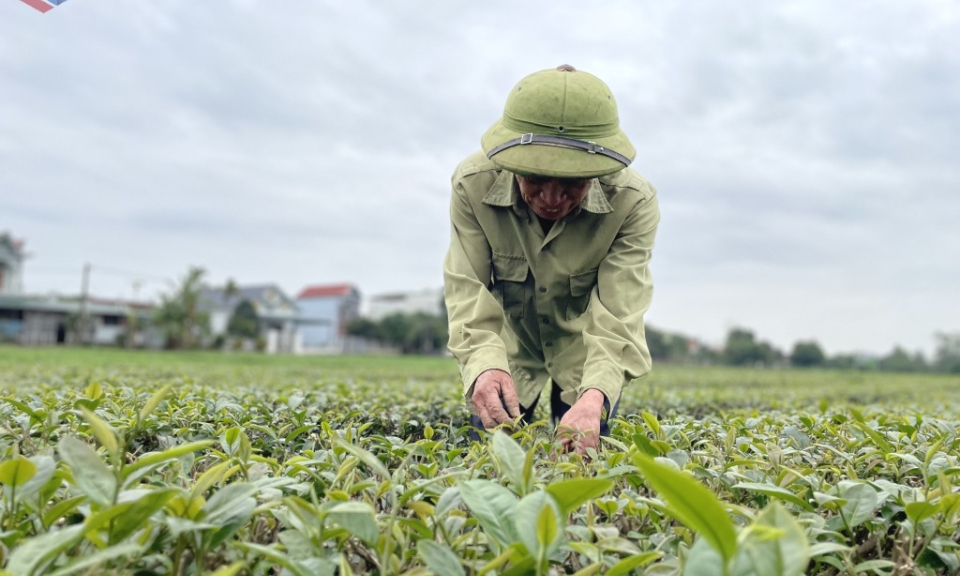Quang Ninh maintains COVID-19-free zones for tourism recovery
The northeastern coastal province of Quang Ninh has identified that maintaining COVID-19-free zones, dubbed ‘green zones’, serves as a prerequisite condition for tourism and services recovery in the new normal.
The northeastern coastal province of Quang Ninh has identified that maintaining COVID-19-free zones, dubbed ‘green zones’, serves as a prerequisite condition for tourism and services recovery in the new normal.
The province will gradually ease COVID-19 restrictions inside its boundary and only resume tourism activities once it is safe to do so.
In October, Quang Ninh will resume some tourism services serving only visitors from inside the province, while applying stringent preventive measures towards a pilot programme of welcoming tourists from other localities next month.
It is to set up links with its neighbour Hai Phong port city to open safe tours.
Under the plan, Quang Ninh will build safe multi-day tours to Tuan Chau island and the three islands of Co To, Van Don and Hai Ha, Mong Cai coastal city, as well as to mountainous communes in the province’s Binh Lieu district.
Local authorities also encourage overnight tours in Ha Long Bay and closed-loop services.
The province will soon join hands with Central Highlands localities that have brought COVID-19 under control to study the launch of ‘one route-two destinations’ tours in the time to come.
The Party delegation of the Quang Ninh People’s Committee has been asked to instruct localities and relevant agencies to study plans of setting up points of sale for products in the ‘One Commune, One Product’ (OCOP) programme and OCOP fairs at provincial and district levels, in an effort to increase visitors' spending while travelling in the province.
During the 2021 - 2025 period, it is set to develop 300 new OCOP products, at least 250 of which will be rated three to five stars, with the participation of at least 50 economic organisations.
Between 2017 and 2020, the local OCOP programme had its focus switched from quantity to quality as more than 200 products were rated three to five stars, which is said to have helped improve rural residents’ living conditions and contributed to the building of new-style rural areas.
Quang Ninh, one of the three nuclei of the northern key economic region, has implemented the OCOP programme since 2013, and it is now taking the lead nationwide in this regard.
At present, Quang Ninh has 456 items in the OCOP programme, 236 of which have been granted ratings of three to five stars. To be given star ratings, those products have met basic, even advanced, standards, been made in modern and professional manufacturing processes, and had their packages and labels perfected.
A campaign has been rolled out to call on local people to prioritise ‘Make-in-Quang Ninh’ products and services in a bid to bolster consumption and contribute to the gross regional domestic product.
Since the fourth wave of COVID-19 outbreaks hit Vietnam in late April until October 1, Quang Ninh has basically kept the pandemic under control. It had gone through 94 days without new infections in the community by October 1 and administered the first COVID-19 shot for most of local residents.
People entering the province must be fully vaccinated and test negative for COVID-19 using Real Time RT-PCR method within 48 hours.
Quang Ninh set a target of welcoming 1.9-2 million tourists and earning 4-4.5 trillion VND (175.6 - 197.5 million USD) from tourism services in the last quarter of 2021.
It is home to Ha Long Bay, around two hours from Hanoi, which has earned a permanent spot on the global tourism map, with travel bloggers and filmmakers hailing its emerald waters and thousands of towering limestone pillars topped by rainforests.
The bay helped Quang Ninh welcome 14 million tourists, including 5.7 million foreigners, in 2019, an increase of 14 percent from the previous year.
Ha Long Bay, literally 'descending dragon' bay, was twice recognised as a World Natural Heritage site by UNESCO in 1994 and 2000. The bay spans 1,553 square kilometres and includes 1,969 islands of various sizes. It features thousands of limestone karsts and islets in various shapes and sizes.






